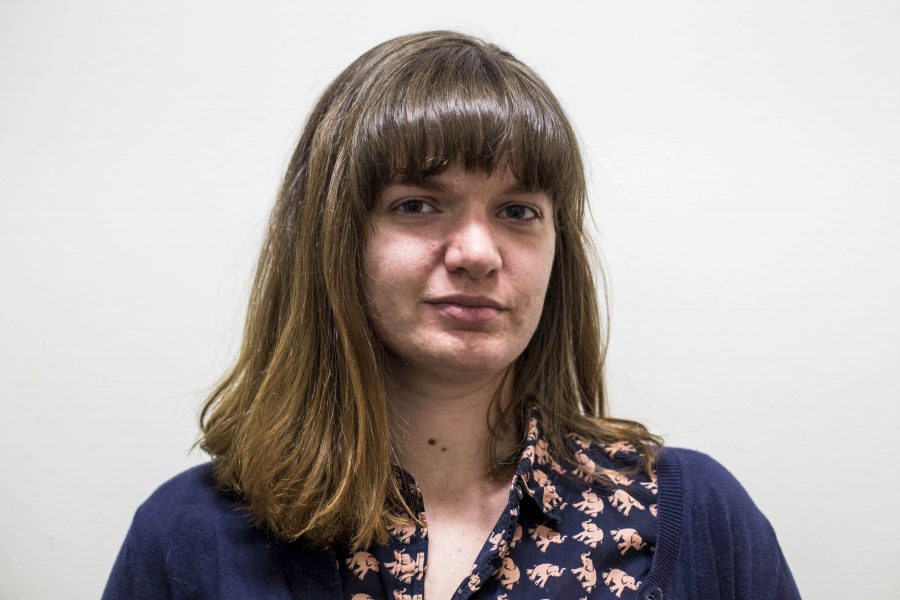Bad Writing Is No Excuse for Bigotry
October 2, 2017
(Content warning: sexual violence.)
According to the National Sexual Violence Resource Center, by the age of 18 — roughly the average age of college freshmen — one in four women and one in six men will experience sexual harassment. By the age of 19, those college students will almost certainly have taken a freshman writing seminar. At the very least, they will have taken a writing course at some point in their lives.
There are not yet statistics to back up this next point, but it’s safe to say based on anecdotal evidence and personal experience that several women in those courses will have been forced to read their male peers’ sexist inner thoughts masked as a research paper, short fiction or creative non fiction. Worse yet, their teachers and professors will undoubtedly defend them in the name of creative freedom.
I recently spoke with a friend, not named for her safety, about her latest experience being made to read a male classmate’s grotesquely offensive writing. The piece in question featured rants against “b-tches” who didn’t understand the narrator’s jokes and graphic, explicit details about his cocaine-addled genitalia. To top it all off, the author named the narrator after himself and apparently professes to only write creative non fiction.
When my friend brought up her discomfort both in class and with her professor privately, she was told that the author had every right to write whatever he wanted, as it was a fiction seminar.
Flawed characters make for good writing. Perfectly moral characters are the most unrealistic of all, and boring to boot. But encouraging — or at the most passive level, allowing — sexist or otherwise bigoted characters to be written uncritically is to say that those characters are uncritically relatable.
Let’s reiterate that NSVRC statistic: one in four women will experience sexual harassment by the age of 18. Let’s add on: one in five women (and one in 71 men) will be raped in his or her lifetime. One in five women is sexually assaulted while in college. In eight out of 10 of those cases, the rapist is known to the victim.
Obviously, not every sexist is a rapist. Not every misguided dude in your writing seminar will hurt you. But there is violence in being made to read sexist rants and descriptions of your classmates’ genitalia that you never asked for and that make you uncomfortable. Professors allowing this are allowing hateful thoughts and actions to proliferate and normalize.
If rape culture is to end, it must be acknowledged for what it is. Moreover, it has to be stopped. Impetus can’t be put on women to call it out — we are doing so, and being told that creative writing makes it okay. So step up, and stop writing sexism and sexual violence.
Opinions expressed on the editorial pages are not necessarily those of WSN, and our publication of opinions is not an endorsement of them. A version of this appeared in the Monday, Oct. 2 print edition. Email Hailey Nuthals at [email protected].

















































































































































Thomas • Nov 9, 2017 at 7:47 am
Those statistics you keep quoting are false, and come from a survey that defined things like sexual encounters that were regretted later as rape, as well as using deliberately worded questions to artificially inflate numbers. Please stop parroting these false and sexist statistics.
http://time.com/3393442/cdc-rape-numbers/